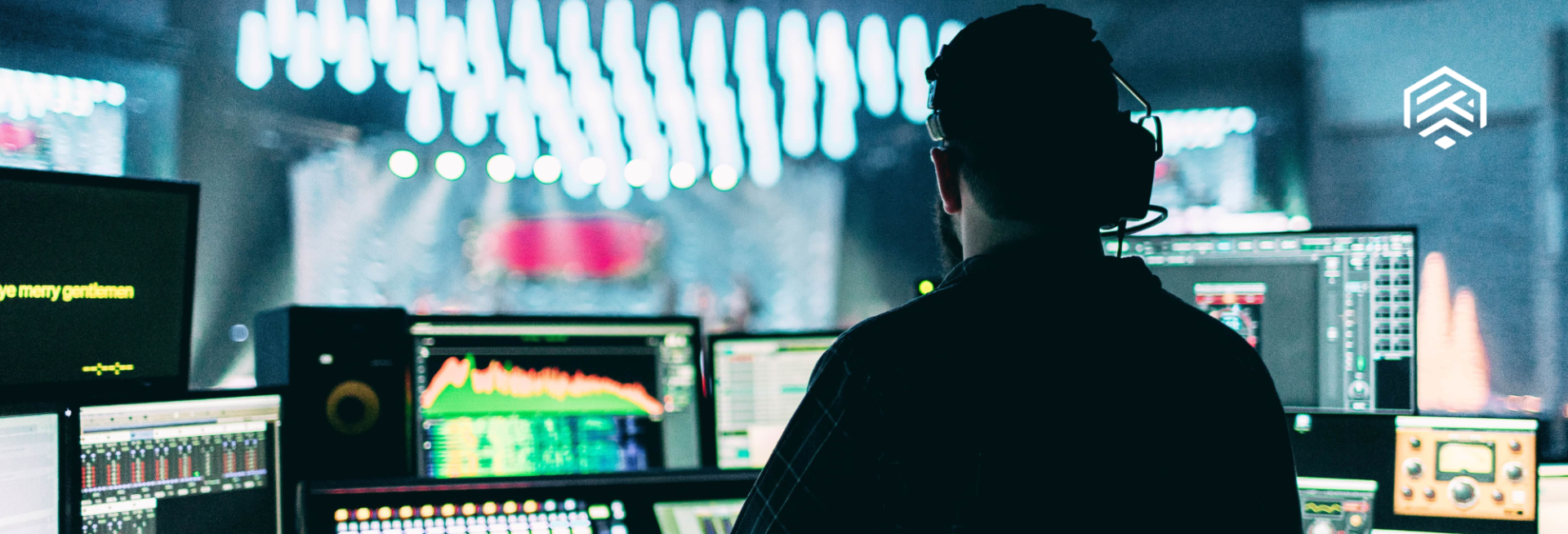
Top 3 Skills You’ll Learn In A Sound Production Course

The field of sound production has experienced unprecedented growth, with sound engineers sought after for their skills in music production, podcast making, and live events. By enrolling in audio visual courses in Singapore, passionate students can tap into first-class learning opportunities to stay ahead of the competition.
If you’re looking to start a career in sound production, learning its technical aspects is essential. Enrolling in sound production courses can equip you with the knowledge, expertise and skills to thrive in this industry.
In this article, we’ll explore the top 3 skills you’ll learn in an audio engineering course and how they can benefit your career.
1. Technical Skills

A sound production course equips you with the technical skills to operate sound production tools such as microphones, digital audio workstations, mixing boards and many others. Through hands-on training, you’ll learn how to record, edit, mix and master audio.
These technical skills are essential in sound production as they help you navigate between the technical jargon that often comes with audio technology. The skill set you’ll gain from audio visual courses in Singapore will also make you a valuable candidate in a wide range of audio production fields.
2. Communication Skills
Working in live sound production often involves collaboration with individuals from diverse backgrounds such as musicians, directors, producers and clients, both within and outside of the production team. Your ability to communicate efficiently with all these individuals is a critical aspect of the job. Effective communication enhances the quality of your work and ensures that you understand your client’s vision for the project.
Communication skills are also vital when working under pressure or in hectic environments. For instance, if audio technical issues arise during a live event, a sound engineer must communicate effectively and efficiently with the teams involved to get the event back on track.
3. Creative Skills
In sound production, creative skills are just as important as technical and communication skills. They involve the ability to think outside the box and come up with unique and innovative sound and audio compositions that capture the feelings and emotions conveyed in the project.
Creative skills allow sound engineers to transform the artistic vision of artists into reality. They work closely with artists, performers and directors to make sure that sound complements visual art as well as the emotional essence of the project.
Sound engineers are not only responsible for the technical aspects of sound production but also for the atmosphere or mood that a soundtrack creates. They strive to elicit certain emotions or set the tone through the sound they produce. For instance, a particular audio track can serve to ramp up the excitement, calm down tension and create feelings of relaxation or stress.
Master Sound Engineering Through Hands-On Training
If you are interested in sound engineering, BELLS Sound Engineering for Live Events course is an excellent option.This course curriculum focuses on technical, communication and creative skills required for sound production.

Covering a broad range of topics, including live audio system set-up, communication management during live events, maintenance and troubleshooting and many others, the course prepares students for a career in sound engineering. Through hands-on training with the latest technology and equipment, students can master sound engineering techniques and become invaluable assets to any production team.
Furthermore, for individuals looking to pursue careers in sound design, broadcasting, music production, or related industries, the live sound production course offers an excellent platform to acquire the necessary technical and creative skills.




